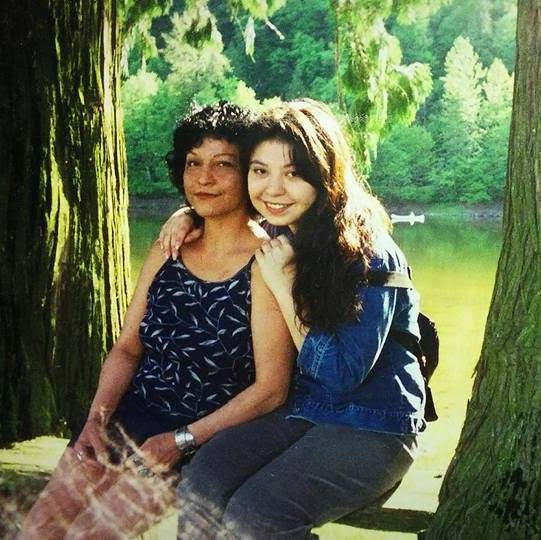
Visiting scholar’s research examines the ways Indigenous culture and well-being are intertwined.
Estelle Simard is in her second year of a visiting scholar role in the UMD Department of Social Work. Her research features a theory of cultural attachment—or the idea that one’s connection to culture can help protect their well-being.
Simard obtained a Master of Social Work degree from UMD in 2009. For the research component of the program, she wrote a paper about the need for culturally restorative practices in American Indian child welfare. This foundational work impacted her career research trajectory.
A member of the Couchiching First Nation in Canada, Simard's research seeks to bring the concept of cultural attachment from the Indigenous world into academia. She also wants it to inform mainstream social work practice, particularly as it relates to child welfare.
The dominant approach to child welfare in the United States and Canada has long ignored the significance of culture. The overarching goal of the child welfare system is to protect children from harm. But removing Indigenous children from their homes and communities strips them of their cultural identity.
Because culture plays a role in nearly all aspects of Indigenous life, Simard asserts that culturally responsive services need to be integrated into social work practice. “Any service provision there is, culture has to be embedded within it. It needs to be a driving force,” she says, noting that otherwise Native children become “casualties of the system because we’re not addressing their unique cultural needs.”
Last summer, Simard helped facilitate the development of curriculum for the new Aabinoojiiyag-Wakhanheza Un Thantanhanpi - “For All the Children” Sacred Being: Tribal Training and Certification Partnership (TTCP), a foundational training for all Minnesota child welfare workers. This training is considered a foundational training piece for all practicing child welfare workers across Minnesota.
Simard calls the program and curriculum offered by the TTCP “provocative” and says it helps people to understand the true intention of the Indian Child Welfare Act and how to apply it in practice. This “decolonized social work practice” aims to protect children while preserving Native families.
She’s enthusiastic about the first virtual training, and says it was “exciting and pivotal” with people across Minnesota participating—including tribal child welfare workers in Leech Lake and Red Lake.



























